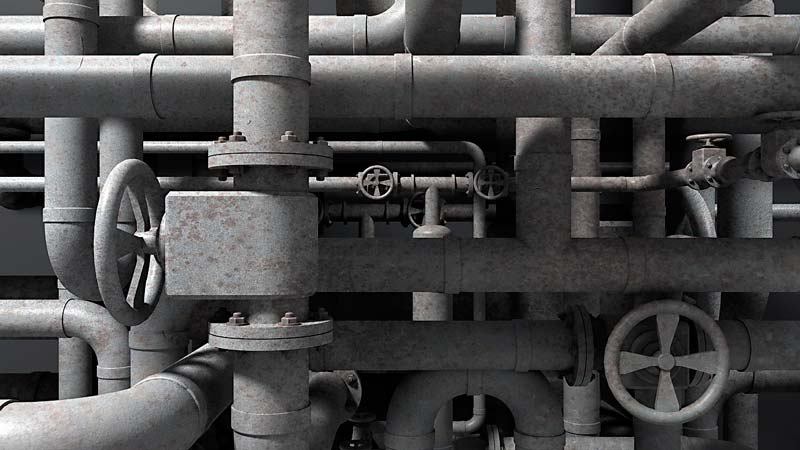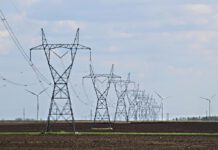
In the summer of 2019, a handful of cities in California banned developers from adding natural gas installations to new buildings. Soon several more cities, including Seattle, may follow suit. Natural gas, as it turns out, might be even worse for the atmosphere than other fossil fuels like coal and oil, according to experts who study methane leakage along the gas supply chain, from fracking wells to pipelines to end-uses. The bans can prevent worsening one aspect of our entanglement with fossil fuels—burning gas in our buildings. But they do not solve the larger, related problem: we rely on a spiderweb of existing gas infrastructure that ensnares our cities and towns in the gas industry’s clutches, tethering our most benign activities like cooking dinner or taking a shower to distant fracking fields and the many injustices that come with them.Several rigorous studies of decarbonization show that if the Northwest is to live up to its climate commitments the region’s cities must set an example by phasing out and eventually eliminating gas in both residences and businesses.
One strategy: local governments could modify franchise agreements, which are contracts that govern how private utilities can build and operate their infrastructure in public rights-of-way. These franchise agreements outline rules, rights, and fees associated with the entities using public property for a private reason—and it may be possible to amend them to slow the flow of fossil fuels into our cities.
Most gas utilities in the Northwest are privately owned and operated. Privately owned utilities—like Puget Sound Energy, Cascade Natural Gas, Avista, and NW Natural—are subject to a range of state environmental and consumer regulations. But in many ways, they still act as an arm of the broader gas industry, sometimes playing hardball politics to continue selling fossil fuels. As influential as they may be, they’re still somewhat at the mercy of local governments.
Increasing the costs associated with installing natural gas infrastructure is one mechanism that local governments can use to control utilities. In Washington, state law prohibits cities and towns from levying a franchise fee for use of the public right-of-way, but the law still allows cities and towns to collect a utility sales tax of up to 6 percent. Most collect the full amount in addition to recovering administrative costs associated with the franchise.
Increasing the legally permitted fees and taxes likely isn’t an avenue to raise the cost of natural gas infrastructure enough to slow down the industry’s expansion plans, but there are other components of franchise agreements that could. Franchise agreements contain multiple right-of-way conditions and requirements for working on, permitting and restoring a site upon completion of a project. As these franchise agreements expire and get renegotiated every few years, local governments can introduce new terms.
read more … www.sightline.org/2019/10/09/how-franchise-agreements-can-free-cities-from-fracked-gas/









